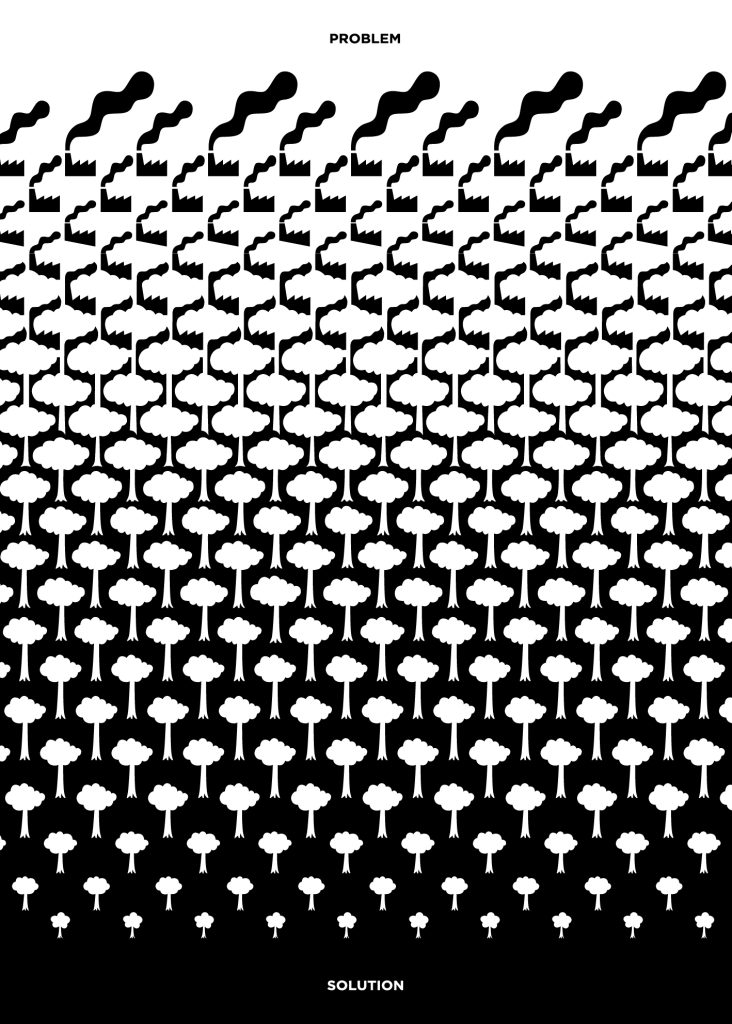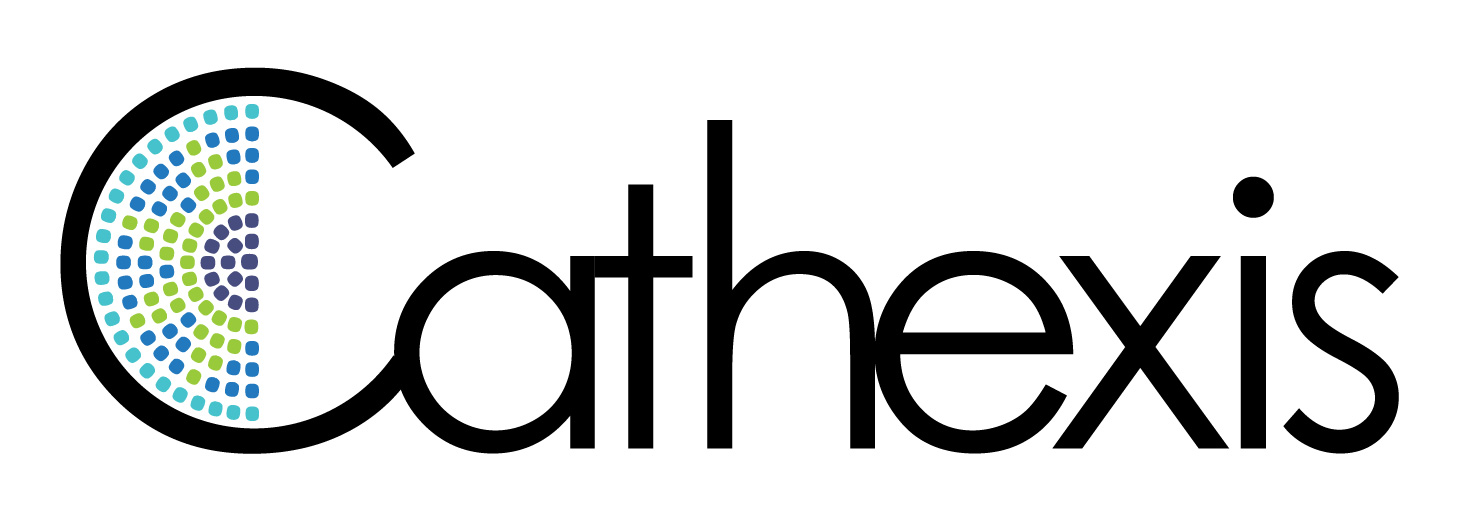Inequality and climate change are the twin challenges of our time, and more democracy is the answer to both.” (Heather McGee, p. 91)
In our team’s third meeting this summer to discuss Ayana Elizabeth Johnson and Katharine K. Wilkinson’s essay collection All We Can Save: Truth, Courage, and Solutions for the Climate Crisis, we focused on the section called “Advocate”. This section focuses on the importance of raising voices and taking action to influence policies and practices that address the climate crisis. (See our previous posts about our reading circle here and here.)

ArtistsForClimate.org
Licensed under CC BY-NC-SA 4.0
Mary Anne Hitt’s essay “Beyond Coal” prompted our team to reflect on the progress made on the climate advocacy front. Hitt’s essay describes the fight to close coal plants across the United States. While these efforts contribute significantly towards moving to using cleaner, renewable energy and preventing harmful effects of air pollution, her essay also helped us see that policy responses can have their own, often unintended, consequences. Climate solutions can’t leave people behind; there needs to be a fair transition for local economies, and relief for the marginalized communities who are disproportionately affected by fossil fuel pollution.
We tried to relate the “dig your heels in” attitude described in this section to the Canadian climate change landscape, drawing parallels to populations that have been unjustly affected by climate change and are leading movements to fight back (e.g. Indigenous-led resistance to the Coastal GasLink pipeline).
This discussion led us to consider why there is a hesitancy to accept change even when the negative environmental effects of a practice are clear. We wondered whether it has a lot to do with the negative impacts of climate change still being less obvious to many people. Even with events like wildfires, floods, drought, and severe weather seeming to happen more and more frequently in Canada, it seems our relatively high living standards allow us to bear through and regard these events as temporary and occasional. We may be comfortable now, but what about in three years? And what about the situation now for people whose lives are completely upended by these events?
Our blog series about our reading circle will continue throughout the summer – watch for more posts!
Resources we like:
How We Survive – podcast hosted by Amy Scott
Powering Past Coal Alliance – information page with media links
